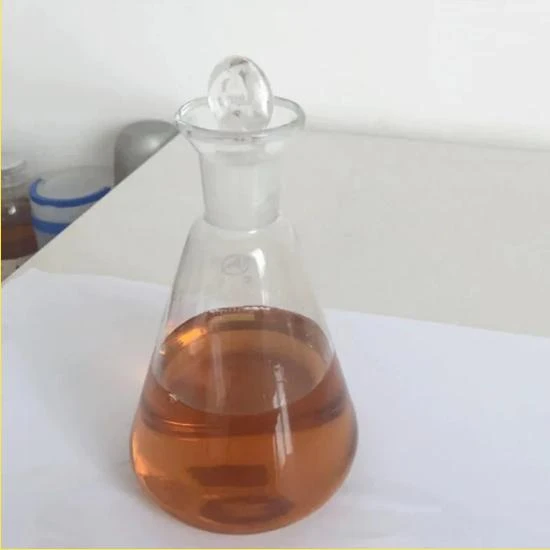
common preservatives
Understanding Common Preservatives Their Role and Importance in Food Safety
Preservatives are substances added to products, particularly food, to prevent spoilage and extend shelf life. They play a crucial role in food safety by inhibiting microbial growth, slowing oxidation, and maintaining the overall quality of food products. In a world where convenience is key, preservatives allow consumers to enjoy a variety of foods without worrying about rapid spoilage. Below, we explore some common preservatives, their functions, and their significance in our daily diets.
One of the most widely used preservatives is sodium benzoate, which is effective in acidic conditions. It is commonly found in products such as soft drinks, fruit juices, and pickles. Sodium benzoate works by preventing the growth of bacteria, yeast, and molds. However, its use is often scrutinized due to potential health concerns, especially when consumed in large quantities. Regulatory agencies have established acceptable daily intake levels, ensuring its safe use in food products.
Another commonly used preservative is potassium sorbate, which is particularly effective against molds and yeasts. It is found in various food items, including cheeses, baked goods, and dried fruits. Potassium sorbate is generally recognized as safe (GRAS) when used within recommended limits. Its effectiveness in extending shelf life makes it a popular choice among food manufacturers, as it helps reduce food waste—a growing concern in today’s society.
common preservatives

Calcium propionate is yet another preservative that is prevalent in baked goods, particularly bread and cakes. It prevents mold growth and enhances the freshness of these products. Calcium propionate not only extends shelf life but also serves as a means to maintain the quality and taste of baked goods, making it a valuable ingredient in the food industry.
Antioxidants are also crucial in food preservation, with substances like ascorbic acid (vitamin C) and tocopherols (vitamin E) playing significant roles. These preservatives help prevent oxidative spoilage, which can affect the flavor, color, and nutritional value of foods. Ascorbic acid is commonly added to fruit and vegetable products, enhancing their freshness while boosting their nutritional profile.
While preservatives are essential for food safety, there is an increasing consumer demand for preservative-free options. This trend has prompted many manufacturers to explore natural alternatives, such as vinegar, salt, and honey, which have preservative properties. However, natural does not always equate to safer, and it’s important for consumers to understand that all preservatives, whether synthetic or natural, should be used judiciously.
In conclusion, common preservatives are vital for ensuring food safety and extending product shelf life. While there are concerns regarding some synthetic preservatives, they are regulated and considered safe when used appropriately. As we navigate the complexities of modern food production, understanding preservatives' roles can help consumers make informed choices, balancing convenience and health in their diets.
-
The Safety Challenges of Ammonium Nitrate FertilizerNewsJun.26,2025
-
The Critical Role of Mining ChemicalsNewsJun.26,2025
-
Shelf Life of Glacial Acetic Acid Food GradeNewsJun.26,2025
-
Enhancing PVC Longevity with 1,2,3-Benzotriazole InnovationsNewsJun.26,2025
-
China’s Dominance in Food Additive ProductionNewsJun.26,2025
-
Can Aluminum Hydroxide Replace More Toxic Alternatives?NewsJun.26,2025
-
PE and PP Plastics with Benzotriazole AdditivesNewsJun.12,2025
Hebei Tenger Chemical Technology Co., Ltd. focuses on the chemical industry and is committed to the export service of chemical raw materials.
-

view more DiethanolisopropanolamineIn the ever-growing field of chemical solutions, diethanolisopropanolamine (DEIPA) stands out as a versatile and important compound. Due to its unique chemical structure and properties, DEIPA is of interest to various industries including construction, personal care, and agriculture. -

view more TriisopropanolamineTriisopropanolamine (TIPA) alkanol amine substance, is a kind of alcohol amine compound with amino and alcohol hydroxyl, and because of its molecules contains both amino and hydroxyl. -

view more Tetramethyl Thiuram DisulfideTetramethyl thiuram disulfide, also known as TMTD, is a white to light-yellow powder with a distinct sulfur-like odor. It is soluble in organic solvents such as benzene, acetone, and ethyl acetate, making it highly versatile for use in different formulations. TMTD is known for its excellent vulcanization acceleration properties, which makes it a key ingredient in the production of rubber products. Additionally, it acts as an effective fungicide and bactericide, making it valuable in agricultural applications. Its high purity and stability ensure consistent performance, making it a preferred choice for manufacturers across various industries.











